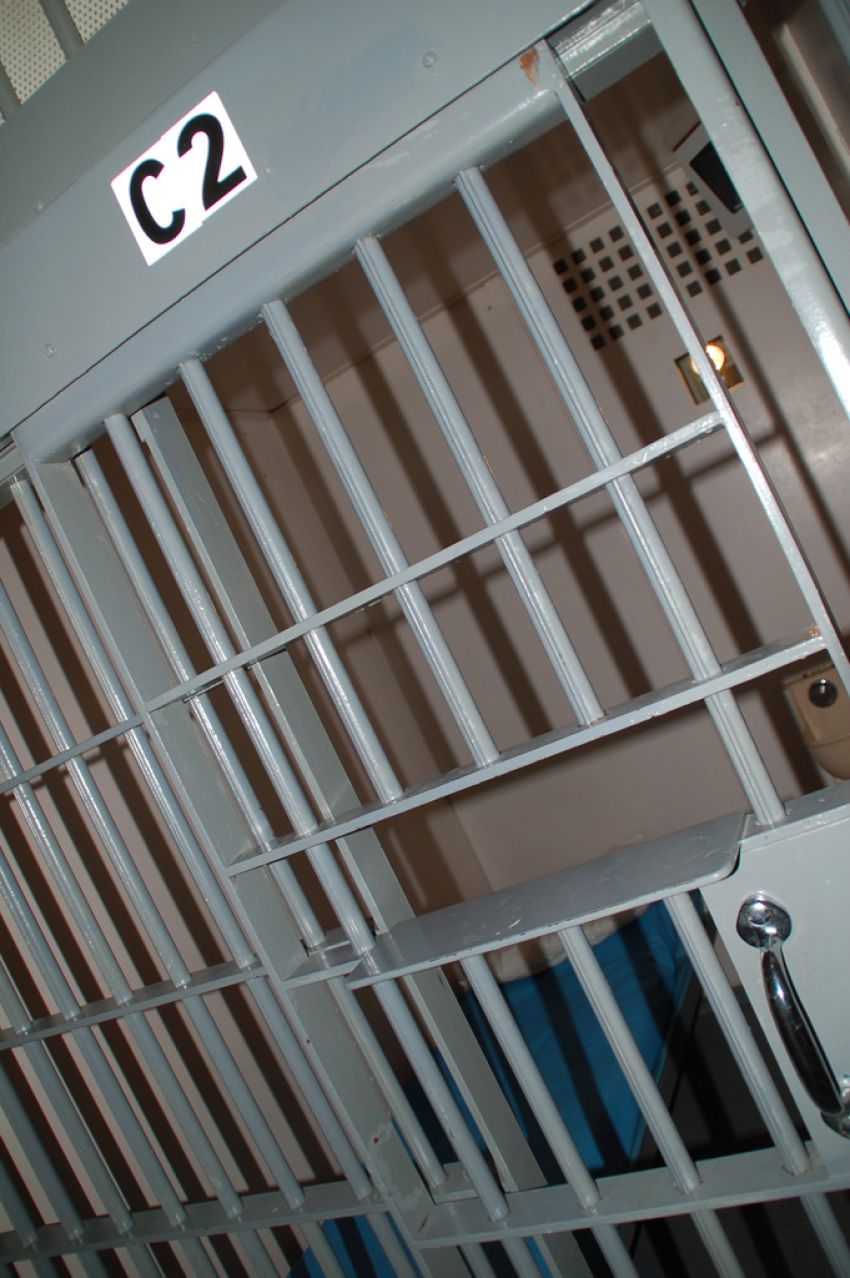
The United Nations Subcommittee on Prevention of Torture (SPT) announced on February 20 it had terminated its trip to Australia. It had attempted a visit but had to pull out midway last October after New South Wales and Queensland refused the delegation access to facilities.
The SPT is an oversight body comprised of independent experts that monitor countries that are a party to the Optional Protocol to the Convention Against Torture (OPCAT) for compliance with the terms aimed at preventing human rights abuses in detention.
SPT chair Suzanne Jabbour said that despite federal officials being receptive, two states were not. As the SPT could not get the required guarantees, “there is no alternative but to terminate the visit”.
Australia OPCAT Network coordinator Steven Caruana has noted that “termination has only happened on one other occasion to Rwanda” over the 15 years of the SPT which has involved “over 80 visits to more than 60 countries”.
A series of appraisals made during the Scott Morrison Coalition government downgraded Australia’s international human rights standing.
The election of Anthony Albanese’s Labor government brought the potential for improvement, as we move into the new year it is becoming apparent that the nation is being served more of the same, this time with a smile.
Noncompliance was the finding
Greens Senator David Shoebridge quizzed Simon Newnham, deputy secretary of the attorney general’s Department Integrity and International Group, at a February 14 Budget Estimates hearing about the SPT’s coming assessment on its suspended visit to Australia.
Newnham replied that the attorney general’s department had met with the SPT on several occasions since it left Australia and, although NSW was still yet to commit, he considered it likely that the visit may resume. He warned against concluding that “a finding of noncompliance” was guaranteed.
The SPT’s February 20 announcement, however, stated it had “requested a number of assurances” from Australia “in order to resume its visit”, but “some of the requested guarantees had not been provided” so it was uncertain it could complete the trip in a reasonable timeframe.
Human rights floundering
The UN adopted the OPCAT in 2002. Nations that are a party to the protocol agree to establish the National Preventive Mechanism (NPM) — local independent inspection bodies that monitor places where people are deprived of their liberty.
A key difference to traditional inspection bodies that monitor prisons, immigration detention centres and youth justice facilities is that the NPM focusses on identifying and preventing human rights abuses before they occur.
After having signed onto OPCAT in 2009, Canberra did not ratify it (agreeing to its implementation) until December 2017. It is thought that then-Attorney General George Brandis only did in response to the fall-out over the Don Dale torture revelations.
Since then, Australia has missed two official implementation deadlines, technically three, while the various state jurisdictions have been dragging their feet on passing laws and establishing NPMs.
NSW basically refused to assist the SPT in carrying out its charge while it was in Queanbeyan last year.
Rights bodies lament
While NSW, Victoria and Queensland have not been able to nominate an agency to act as the NPM in their state, the federal government, the ACT, the Northern Territory, South Australia, Western Australia and Tasmania have. Together, these bodies are known as the Australian National Preventative Mechanism (ANPM).
The ANPM released a statement in response to the SPT having cancelled its first visit, expressing regret and disappointment.
“The termination of the SPT’s visit does not change Australia’s obligations under OPCAT,” the national body said. “Australia’s existing network of NPM bodies remains firmly committed to our work of identifying risks of ill-treatment in places of detention.”
The Australian Human Rights Commission also expressed regret, describing the termination of the SPT tour as an “extraordinary decision”. It noted that the announcement came exactly one month after Canberra missed its second official January 20 implementation deadline.
The AHRC has called for a meeting of the nation’s attorneys general to reaffirm their commitment to OPCAT and to make plans to achieve implementation before Australia is placed on a noncompliance list with a collection of other nations.
“This outcome could severely damage Australia’s reputation as a leading advocate for a rules-based international system,” warned AHRC president Rosalind Croucher.
[Paul Gregoire writes for Sydney Criminal Lawyers, where this article first appeared.]